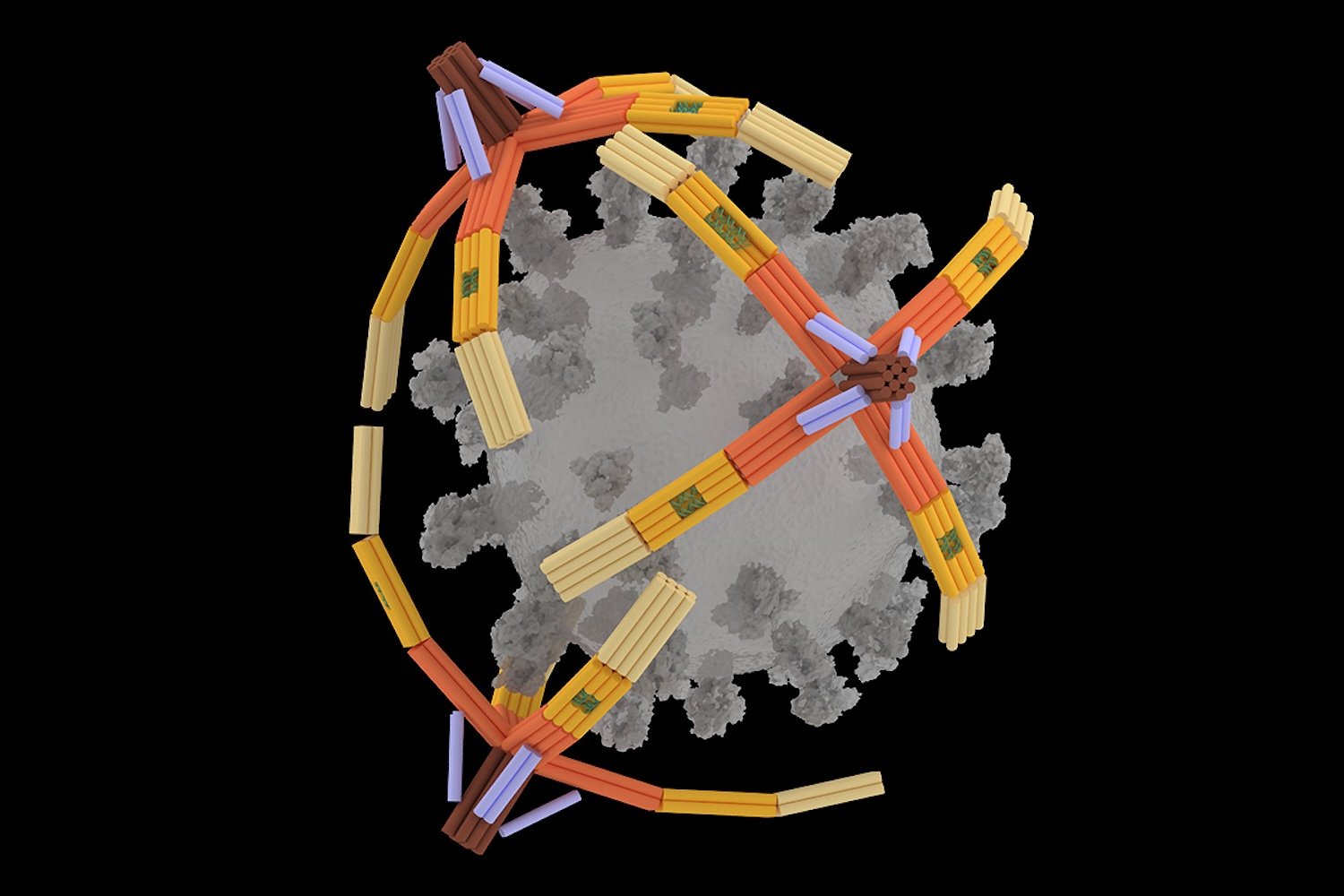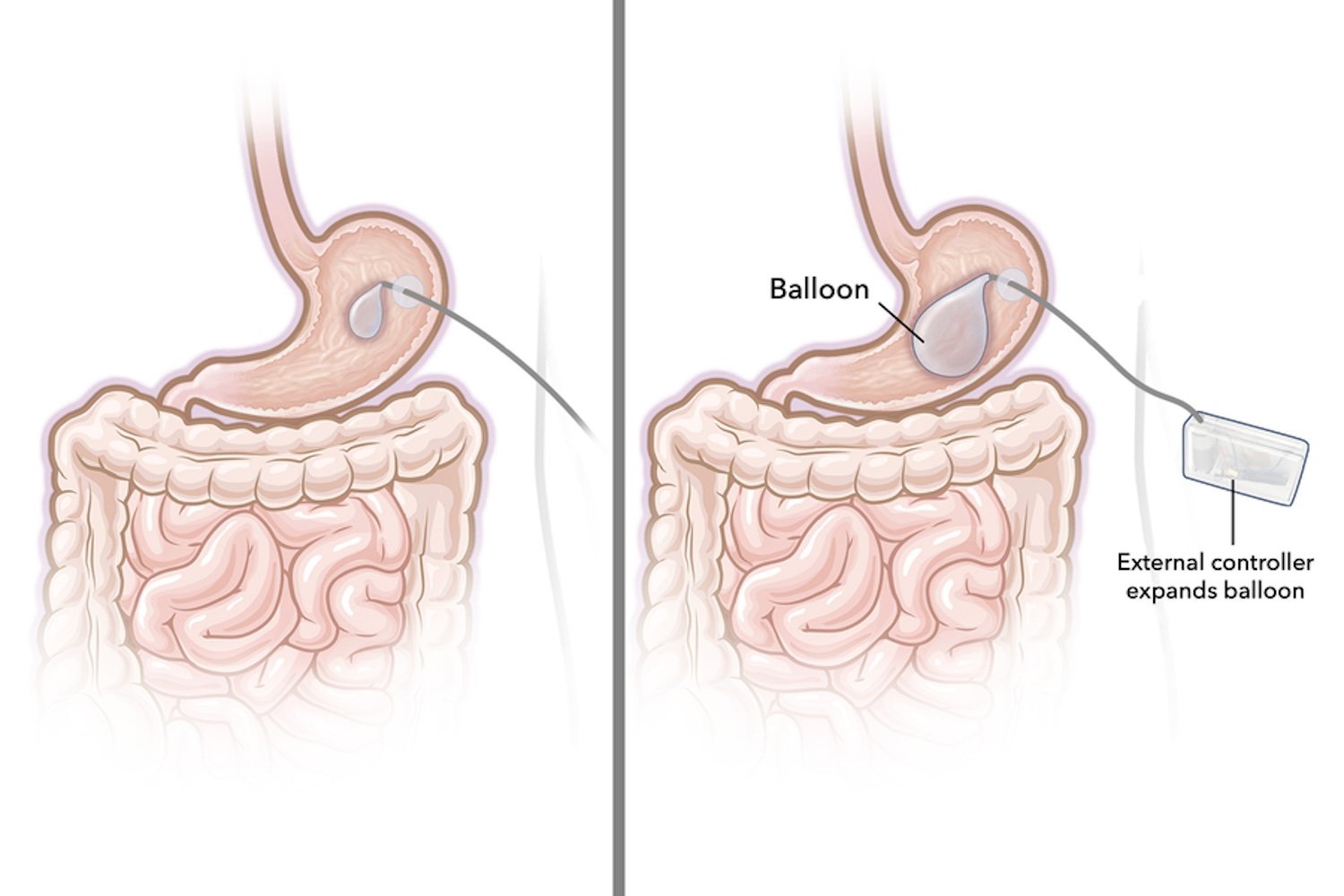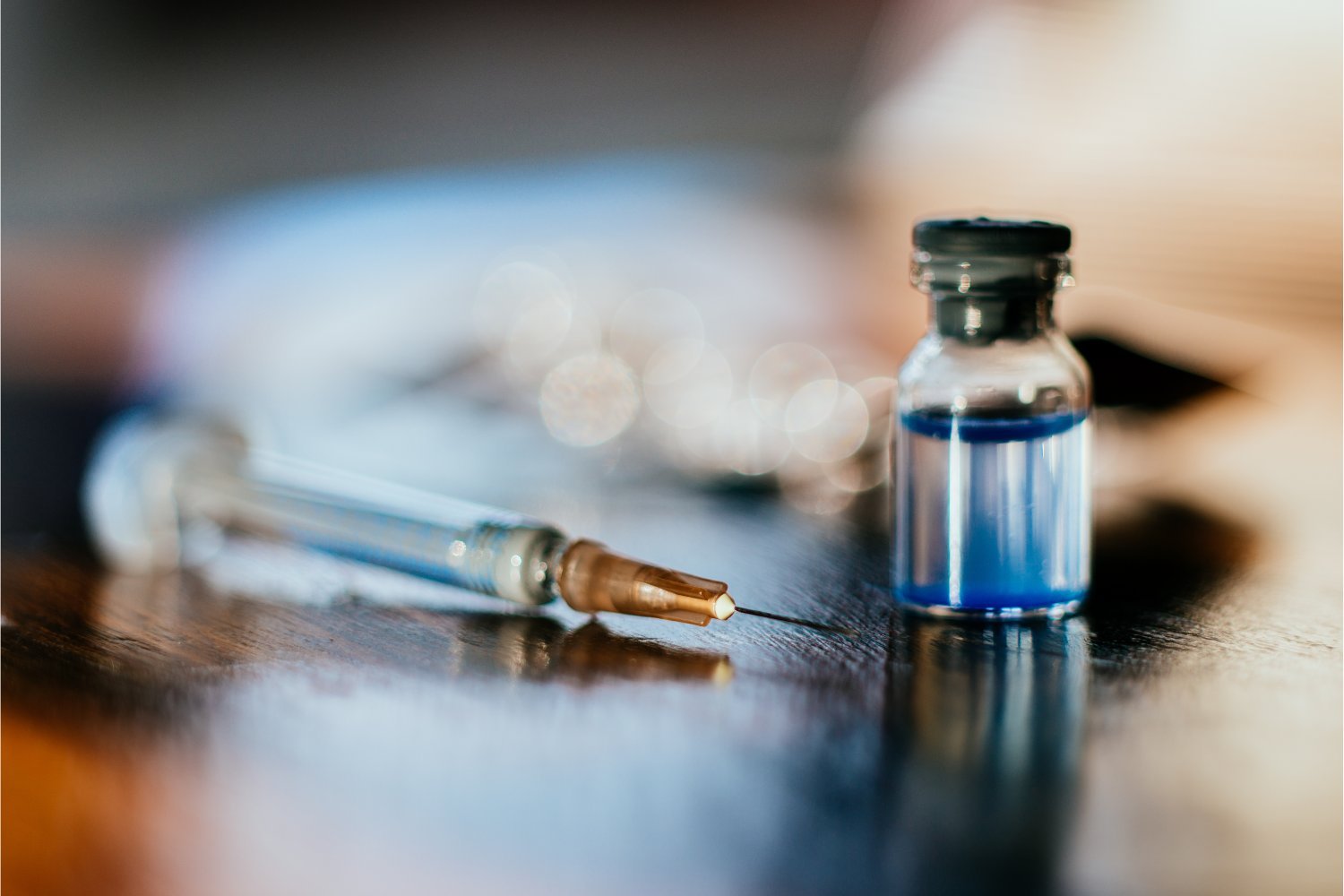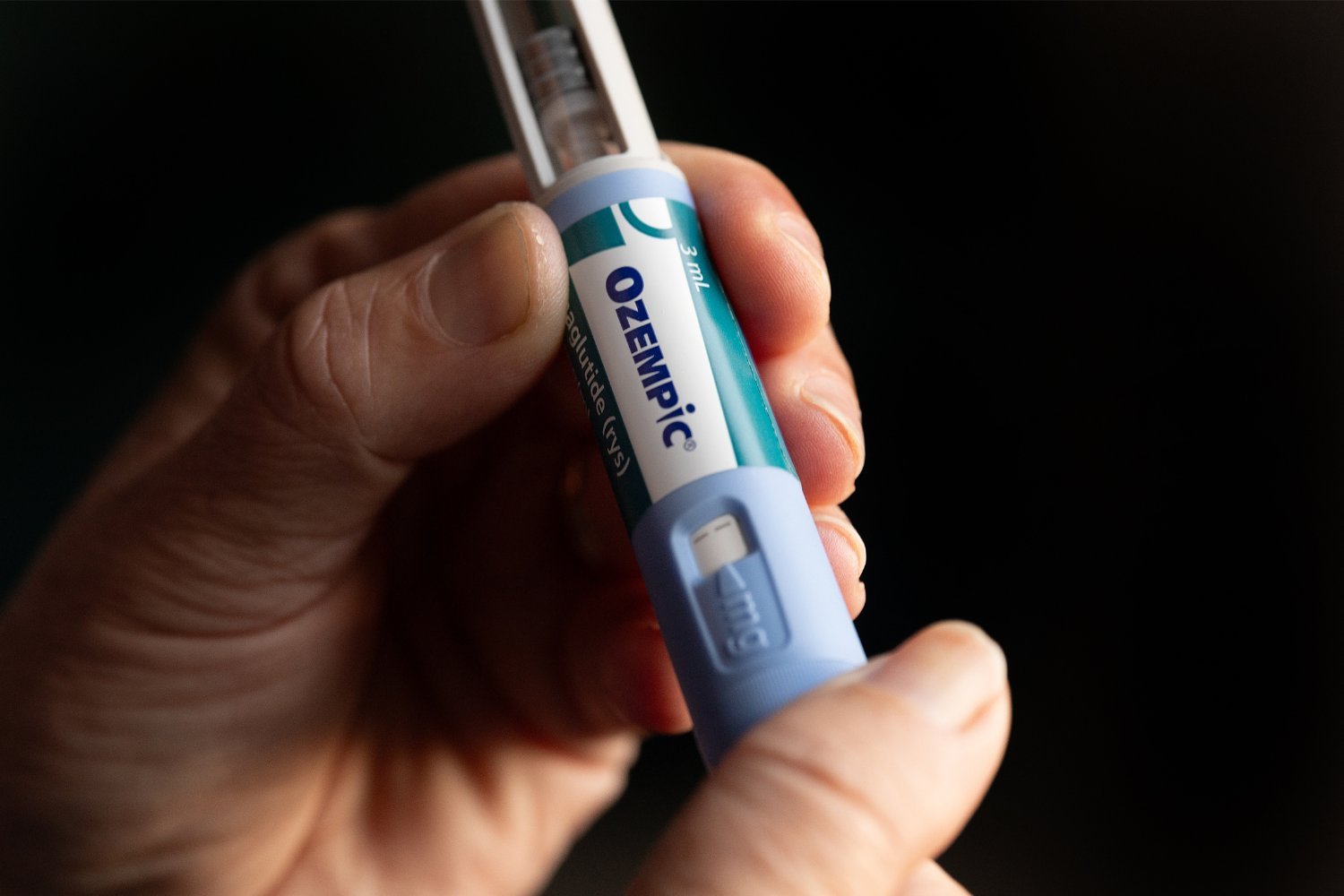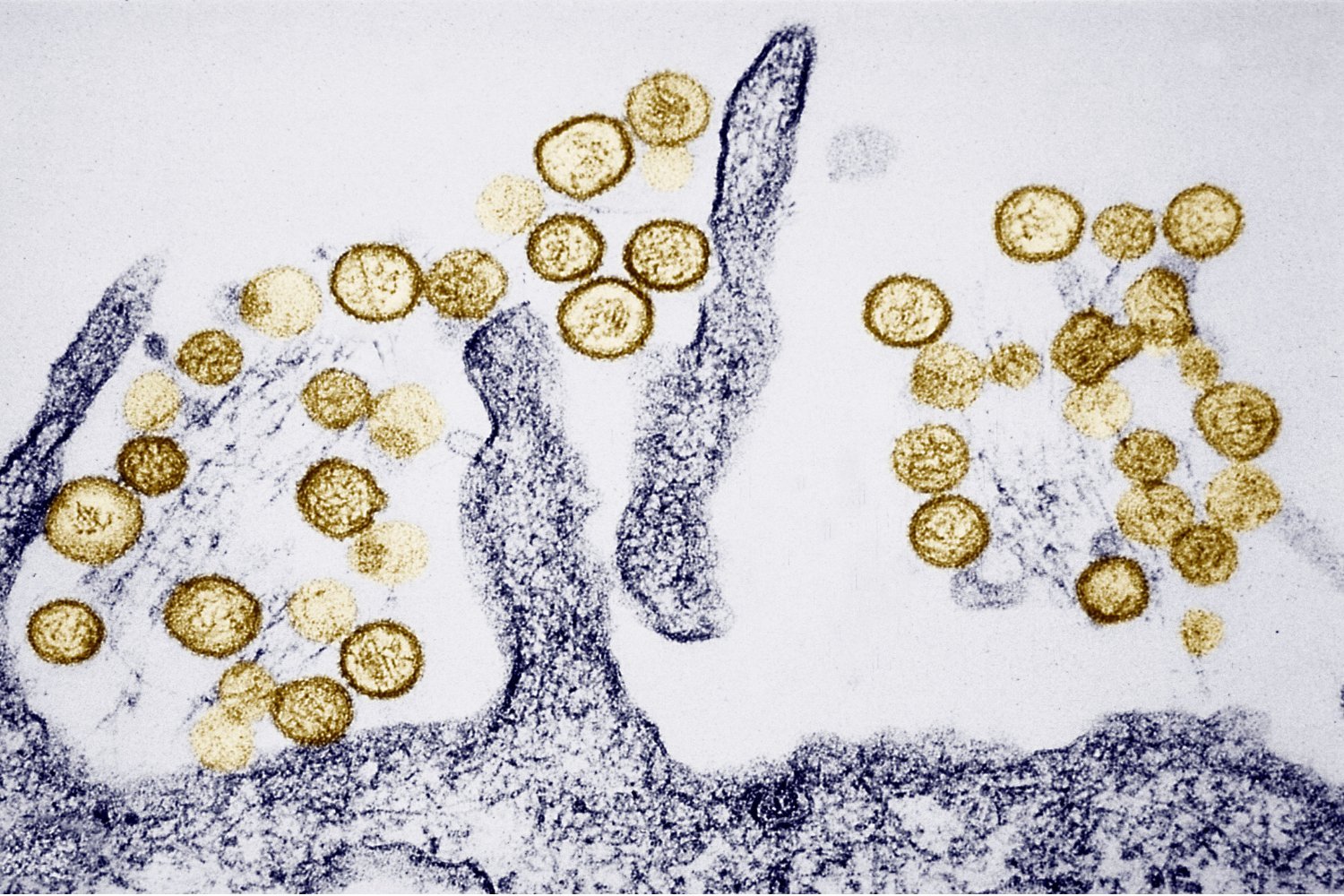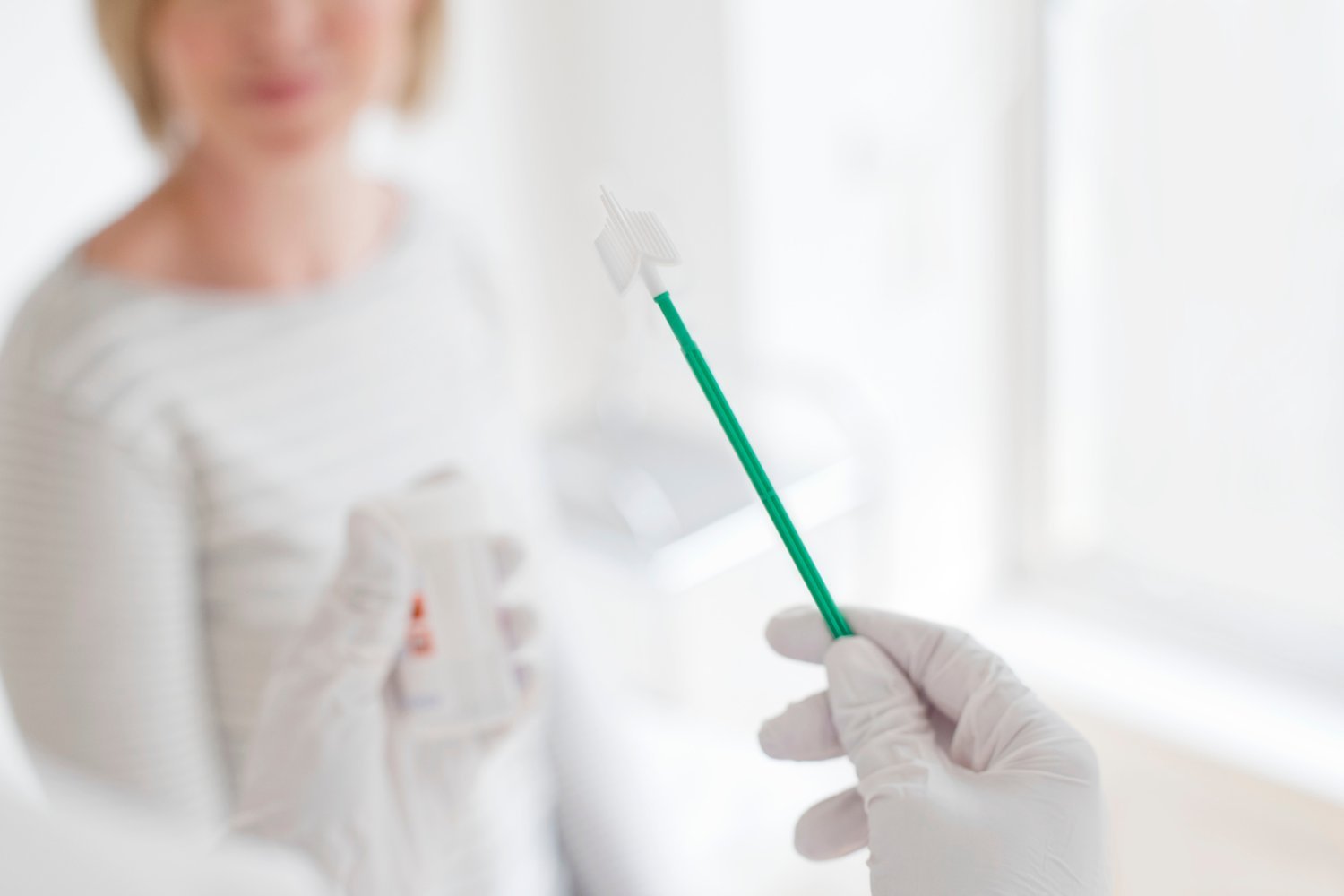Imagine a microscopic hand, crafted from DNA, capable of capturing viruses like COVID-19, preventing infection, and even aiding in rapid diagnostics. This isn’t science fiction, but the reality of the NanoGripper, a groundbreaking invention by researchers at the University of Illinois Urbana-Champaign.
This innovative technology, detailed in a November 27 study published in Science Robotics, utilizes a single strand of folded DNA to create a four-fingered hand at the nanoscale. The NanoGripper can effectively grasp and neutralize COVID-19 particles, offering a potential new avenue for antiviral therapies and diagnostics. While the initial research focused on COVID-19, the implications extend far beyond, potentially impacting the fight against various diseases.
The NanoGripper: Design and Functionality
The NanoGripper’s design is a marvel of DNA origami. A single, long strand of DNA is intricately folded to create all the components—the palm, four jointed fingers, and even the integrated sensor—in a single step. This unique construction leverages DNA’s inherent strength, flexibility, and programmability.
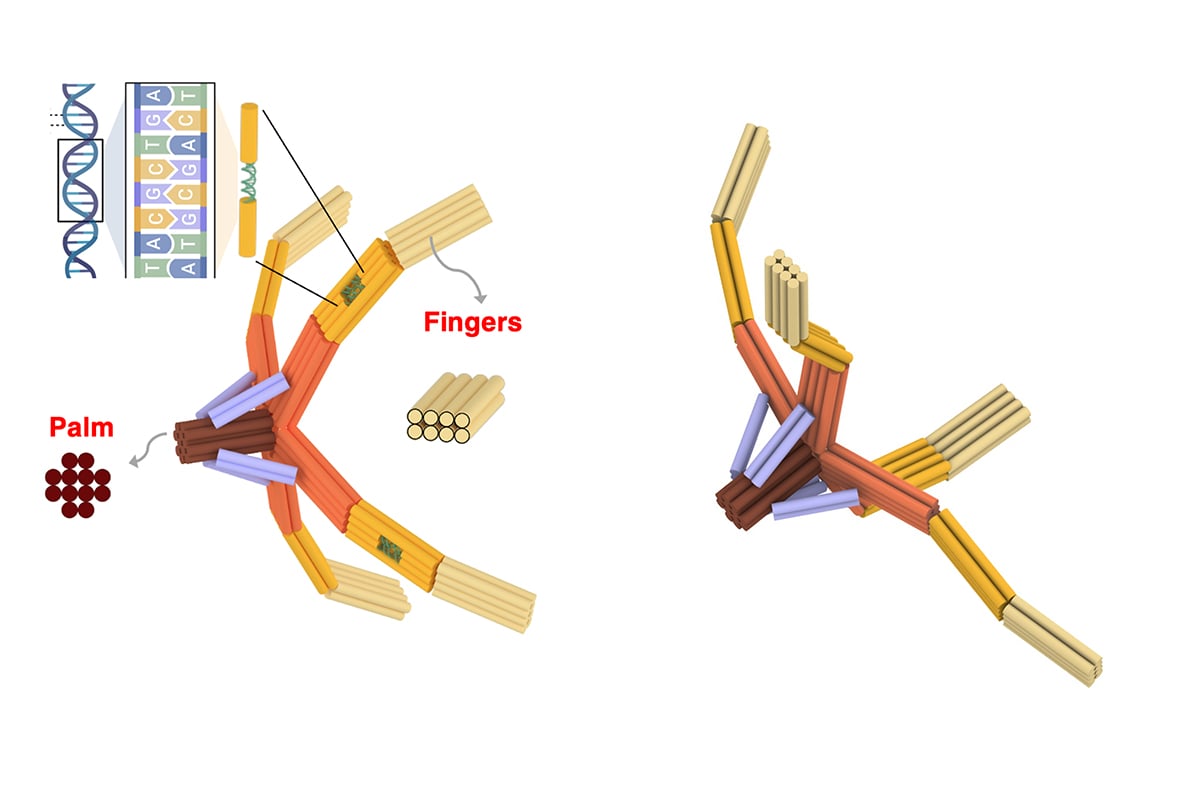 a NanoGripper hand and its componentsA NanoGripper and its components. © Xing Wang
a NanoGripper hand and its componentsA NanoGripper and its components. © Xing Wang
The fingers are programmed to target specific molecules, like the spike protein of the COVID-19 virus. Once attached, the fingers close, effectively capturing the virus and preventing it from interacting with healthy cells. In laboratory tests, NanoGrippers successfully shielded cells from COVID-19 infection, showcasing their potential as a preventative measure.
Potential Applications: Prevention and Diagnostics
The researchers envision several potential applications for the NanoGripper. One possibility is a nasal spray containing NanoGrippers. Administered as a preventative measure, the NanoGrippers could intercept inhaled viruses like COVID-19 or influenza within the nasal passages, a primary entry point for respiratory infections.
Beyond prevention, the NanoGripper also boasts impressive diagnostic capabilities. An integrated sensor within the hand can detect COVID-19 in just 30 minutes with accuracy comparable to standard qPCR tests. The sensor works by triggering a fluorescent molecule when a virus is captured. This fluorescence, easily detectable with an LED or laser, allows for rapid and precise viral identification.
Beyond COVID-19: A Versatile Tool
The NanoGripper’s potential extends far beyond COVID-19. By reprogramming the fingers, scientists could target other viruses like HIV, influenza, or hepatitis B. The “wrist” of the NanoGripper can also be modified to attach other biomedical tools, creating opportunities for targeted drug delivery.
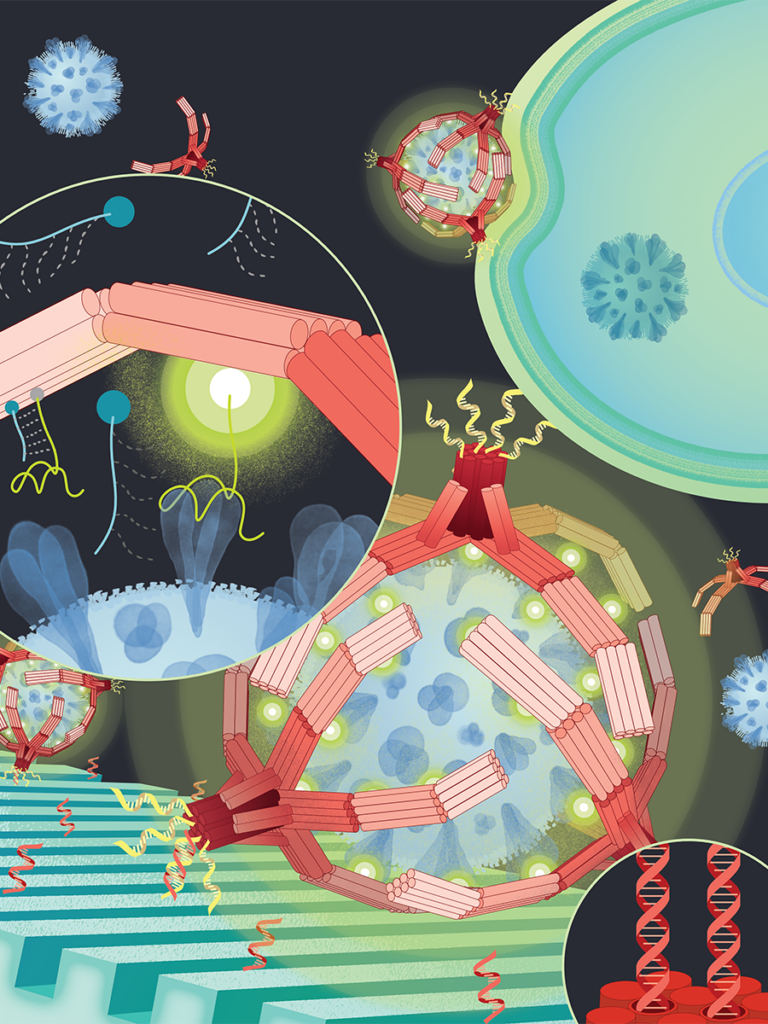 A NanogripperAn artistic rendering of the NanoGripper’s potential applications. © Xing Wang
A NanogripperAn artistic rendering of the NanoGripper’s potential applications. © Xing Wang
Researchers are even exploring the NanoGripper’s potential in cancer treatment. By targeting cancer cells, the NanoGripper could deliver focused therapies directly to the affected area. While further research is necessary, the preliminary results highlight the immense promise of this technology.
Conclusion: A Powerful Tool for the Future of Medicine
The NanoGripper represents a remarkable advancement in nanotechnology and its application in medicine. This microscopic DNA hand, with its ability to capture and neutralize viruses, offers a potential new frontier in both prevention and treatment of various diseases. From antiviral nasal sprays to targeted cancer therapies, the NanoGripper could revolutionize healthcare, offering hope for tackling some of the most challenging medical conditions we face today.



